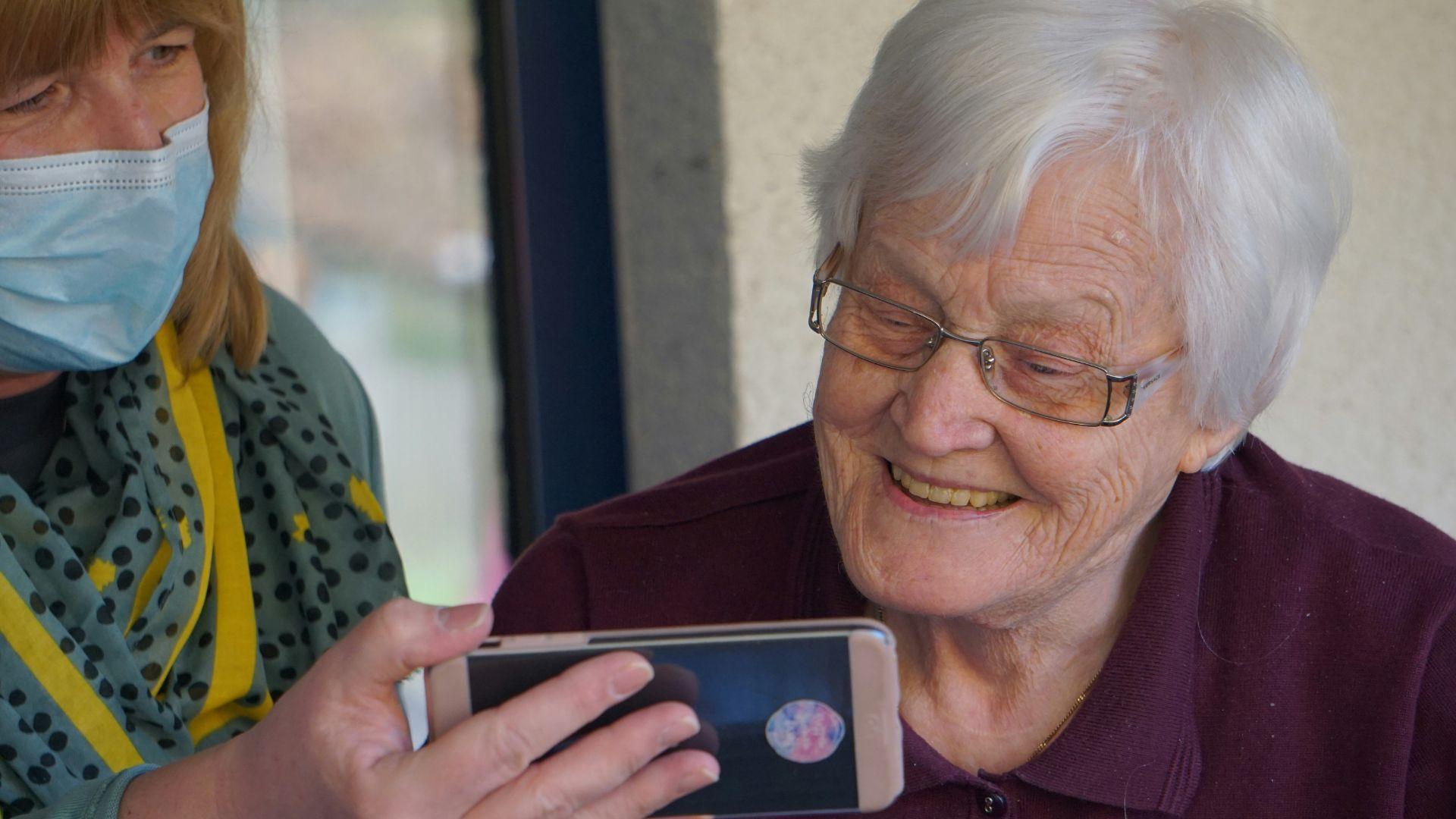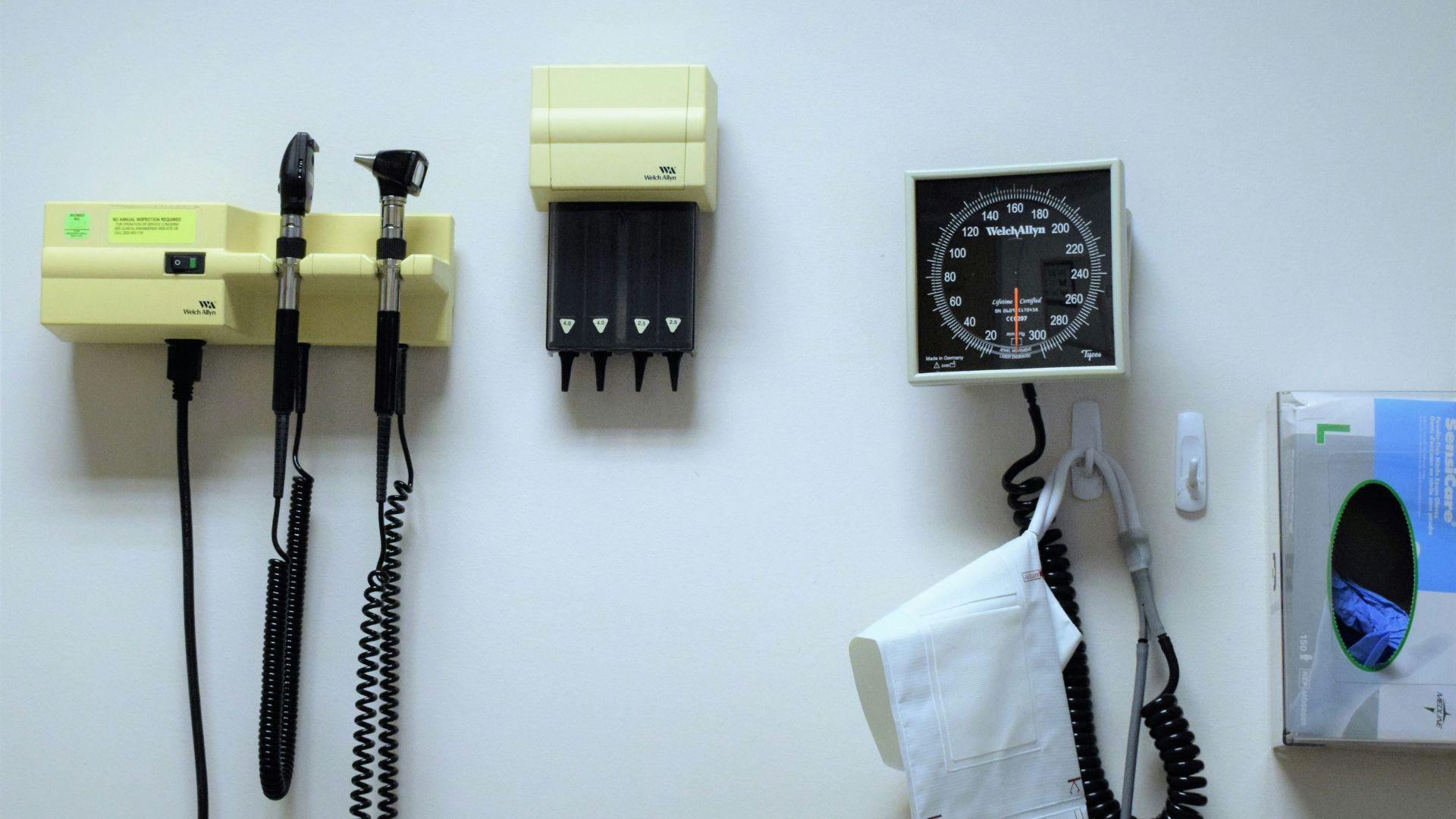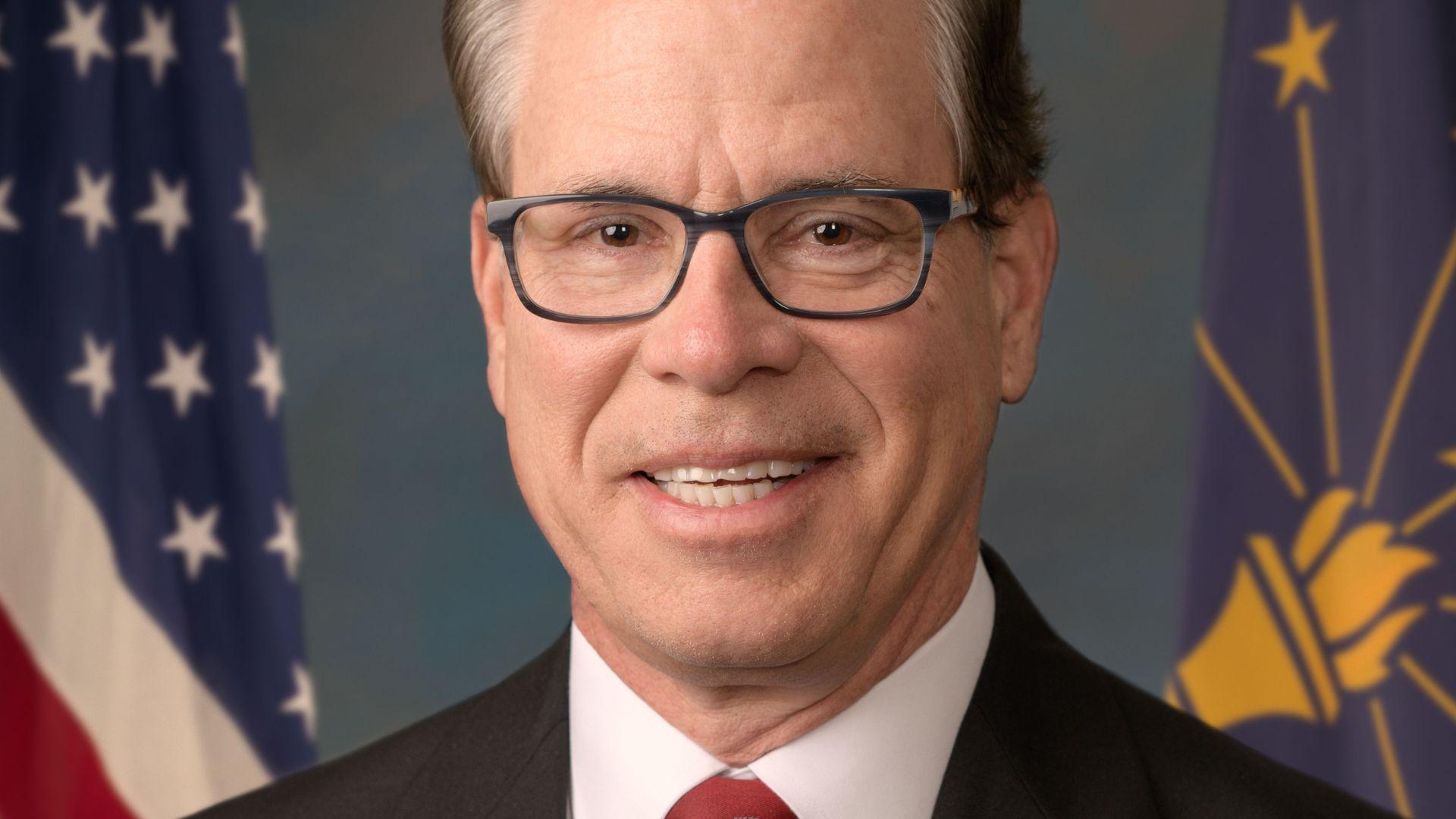American senior citizens on Medicare are being targeted by a “phantom billing” scam that could end up costing them thousands. This scam, which has been around for a while, has greatly increased in recent years.
Unfortunately, many seniors don’t even realize they’ve been a victim of this scam — until the deception is already done.
What Is Phantom Billing?

Phantom billing is what happens when someone files false charges to Medicare. These fraudulent charges can be made by various medical professionals, such as doctors, medical companies, or other healthcare providers.
This phantom billing is done without the recipient knowing about it. They aren’t told these charges will be filed at all — so many are completely surprised when they learn about it.
Examples of Phantom Billing

Often, phantom billing occurs when a healthcare provider or company files a fraudulent charge for services that were never performed on them, or for equipment that they never used.
For example, many American seniors have claimed that they’ve been billed for urinary catheters. However, they never asked for or had these urinary catheters.
Fraud Within the Healthcare System

Unfortunately, this fraud originates within the entire healthcare system. There are many people and companies who can partake in this fraud — and many have already been found guilty of doing so.
Everyone from your doctor or healthcare provider, to the company that makes the medical equipment you use, could try to conduct a fraudulent scheme on unknowing recipients.
Finding a Pattern

Many organizations are tasked with noticing patterns in healthcare systems. For the most part, it looks like these Medicare schemes are utilizing catheters to get money out of people and insurance companies.
According to the National Association of Accountable Care Organizations and the Institute for Accountable Care, Medicare payments for catheters rose from $153 million in 2021 to more than $2.1 billion in 2023.
A Huge Rise

Meanwhile, only 40,000 patients recognized catheter charges on their Medicare statements in 2021. In 2023, more than 450,000 recipients did.
This astronomical rise in billing for catheter use suggests that phantom billing has successfully swindled millions of dollars out of taxpayers, who fund Medicare.
Taxpayers Pay the Cost

Ultimately, these schemes end up hurting taxpayers. As American taxpayers fund Medicare, this means some of the money they are paying the government every year isn’t actually being used to help people.
Instead, deceitful healthcare professionals or companies are using it to scam the entire system, according to analysts. This entire scheme hurts taxpayers, Medicare recipients, and the entire Medicare system.
Lawmakers Fight Back

As phantom billing has clearly become a huge problem in just the last few years alone, many lawmakers across the political spectrum are fighting back.
Indiana Republican Senator Mike Braun is one advocate for trying to stop these scams. Braun recently requested a General Accounting Office audit. The senator also brought forth the Medicare Transaction Fraud Prevention Act.
New Laws Are Needed

The Medicare Transaction Fraud Prevention Act would help stop these scams from taking place, as the government would be able to improve its overseeing of medical equipment purchases in Medicare filings.
Many analysts have stated that new laws and legislation might be needed to close up some of these loopholes that are allowing fraud to thrive in the healthcare industry.
Why Recipients Don’t See Fraud

Many recipients have stated that they never saw any fraud on their Medicare statements — until, all of a sudden, they looked to see what they were billed. Often, this is because many seniors don’t look at their Medicare usage.
Ann Midkiff of Indianapolis is one recipient who noticed fraud on her Medicare account. According to Midkiff, more than $3,000 was billed to her account for urinary catheters.
Be Aware

Officials have advised seniors on Medicare to pay attention to their billings. They should ensure that everything is in order. Seniors checking their monthly statements can help keep these scams at bay.
If recipients do notice something amiss, they can report these filings to a hotline — 1-800-MEDICARE — and talk with an agent about potential fraud.
A Rise in Costs

According to analysts, if these frauds continue, then Medicare premiums could end up rising in cost. As millions of dollars are lost, this money will need to be made back in some way. The overall cost of healthcare could end up rising as well, according to studies.
Therefore, it’s important that these phantom billings be stopped when they are recognized. As this issue has become rampant all over the country, both the government and Medicare recipients may need to keep a better eye on their Medicare statements.
